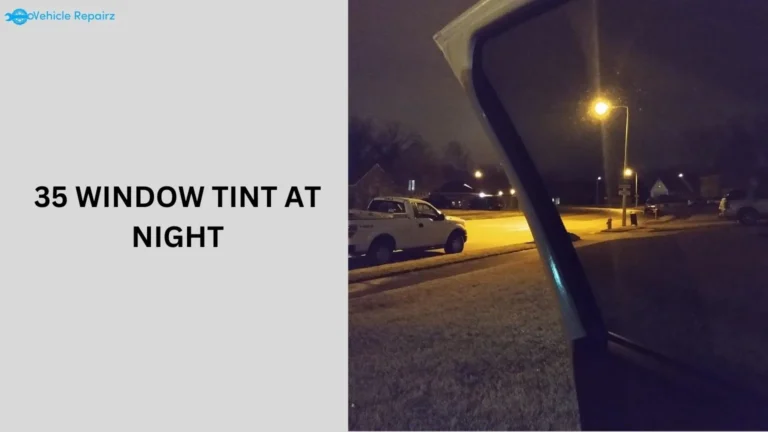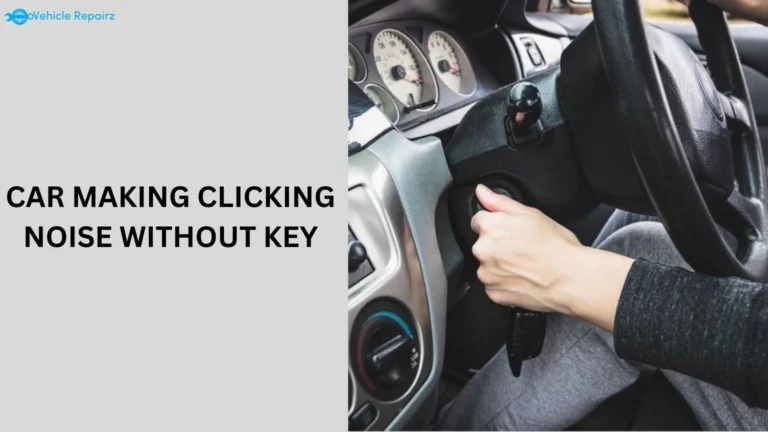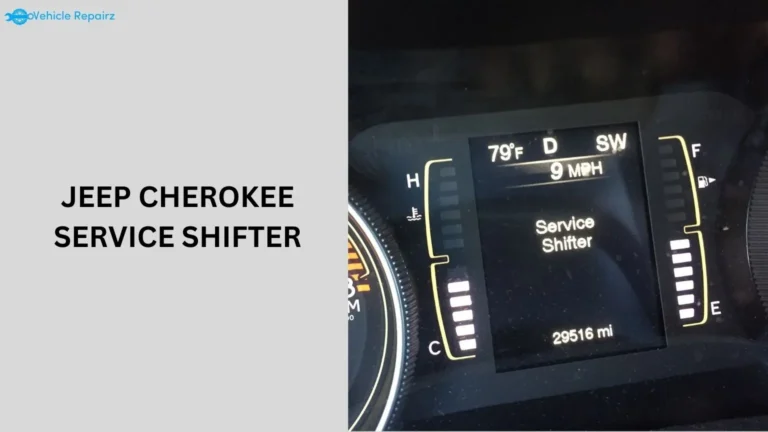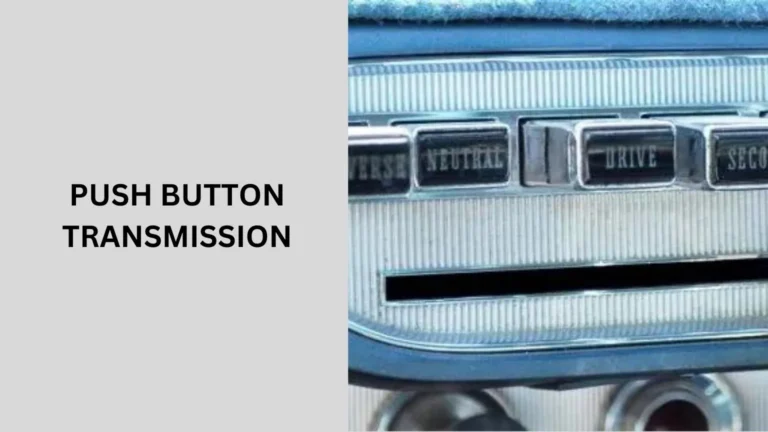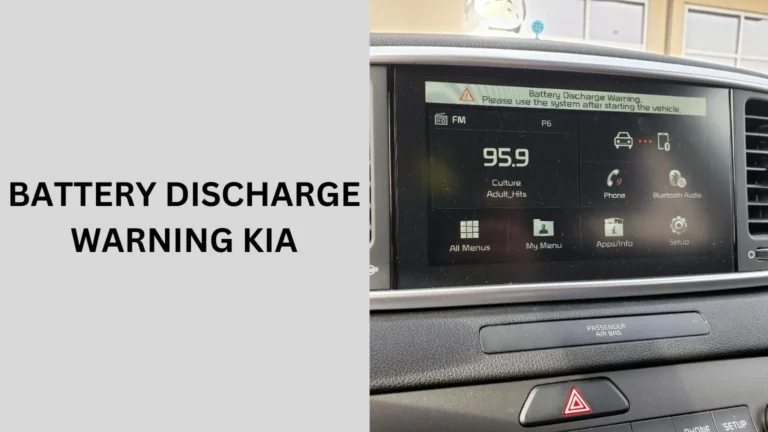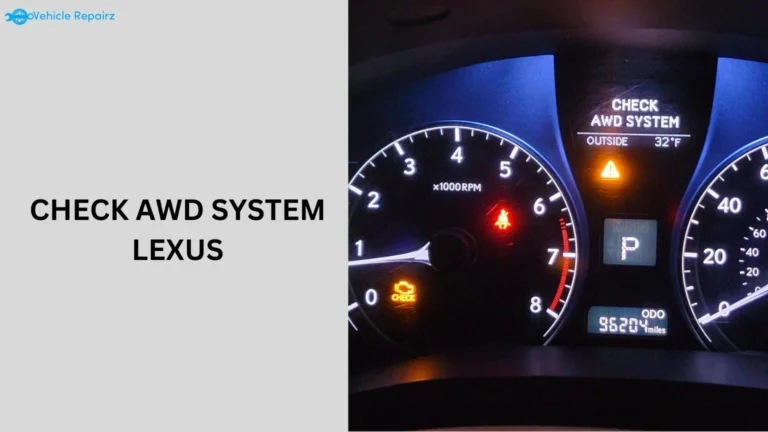Squeaky Brake Pedal: Causes and Solutions
A squeaky brake pedal can be more than just an annoying noise; it might indicate underlying issues with your braking system.
Understanding the causes and solutions for this problem can help you maintain your vehicle’s safety and performance.
In this article, we’ll explore the common reasons for a squeaky brake pedal and provide actionable tips to address it.
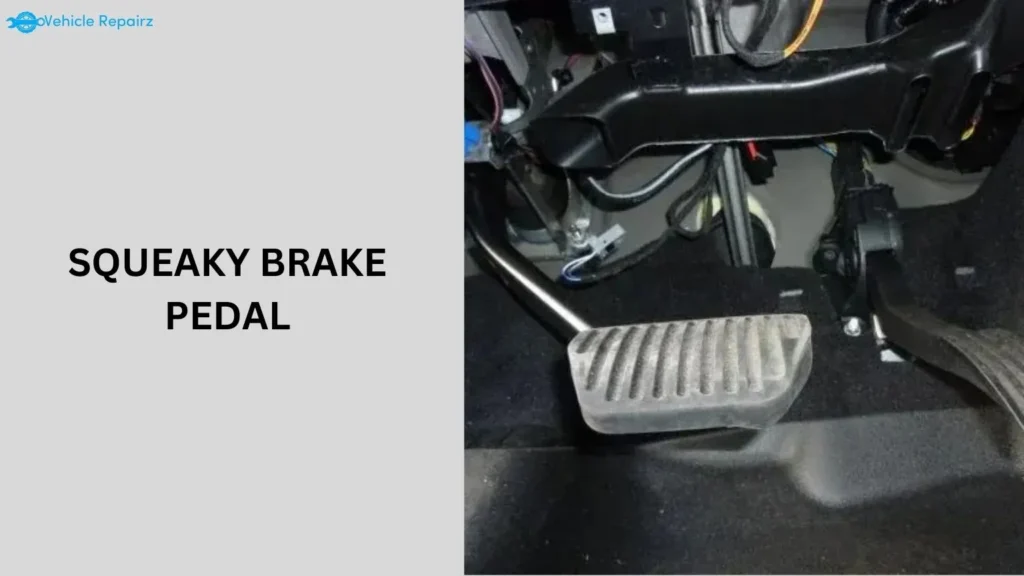
What Causes a Squeaky Brake Pedal?
A squeaky brake pedal can result from various factors. Here are some of the most common causes:
1. Brake Dust Accumulation
Brake dust is a byproduct of the braking process and can accumulate around the brake components. When dust builds up, it can cause the brakes to squeak. Regular cleaning of the brake system can help minimize this issue.
2. Worn Brake Pads
Brake pads have a limited lifespan, and as they wear down, they can start making noise. Worn pads can cause a squeaky brake pedal as the metal wear indicators come into contact with the rotors.
3. Lack of Lubrication
Brake components, such as the caliper slides and contact points, need proper lubrication to function smoothly. A lack of lubrication can result in a squeaky brake pedal. Ensuring that these parts are adequately lubricated can help reduce noise.
4. Contaminated Brake Fluid
Brake fluid contamination can lead to various brake issues, including noise. If your brake fluid is dirty or contaminated, it can affect brake performance and cause a squeaky pedal. Regularly checking and replacing the brake fluid is essential for optimal braking performance.
5. Glazed Brake Pads or Rotors
Overheating can cause brake pads or rotors to become glazed. Glazing occurs when the brake surface becomes smooth and hardened, which can lead to noise. Replacing glazed pads or resurfacing the rotors can help resolve this issue.
How to Fix a Squeaky Brake Pedal
If you’re dealing with a squeaky brake pedal, here are some steps you can take to address the issue:
1. Inspect and Clean the Brakes
Start by inspecting your brake system. Look for any visible signs of wear or damage. Cleaning the brakes and removing any accumulated dust can help reduce noise.
2. Check and Replace Brake Pads
If your brake pads are worn, replacing them with new ones can eliminate the squeak. Be sure to choose high-quality brake pads that are compatible with your vehicle.
3. Lubricate Brake Components
Apply brake grease or lubricant to the contact points and caliper slides. Proper lubrication ensures smooth operation and can reduce brake pedal noise.
4. Flush and Replace Brake Fluid
If your brake fluid is contaminated, it’s important to flush and replace it. Clean brake fluid helps maintain proper brake function and reduces noise.
5. Resurface or Replace Rotors
If your rotors are glazed, you may need to have them resurfaced or replaced. This will help restore a smooth braking surface and eliminate squeaks.
When to Seek Professional Help?
While many squeaky brake pedal issues can be resolved with DIY solutions, some problems may require professional attention. If you’re unsure about the cause of the noise or how to fix it, it’s best to consult a mechanic. A professional can diagnose the issue accurately and ensure that your braking system is functioning safely.
People also ask
How do you fix a squeaky brake pedal?
To fix a squeaky brake pedal, follow these steps:
Inspect and Clean: Check for brake dust and clean the brake system.
Replace Brake Pads: If worn, replace them with new ones.
Lubricate Components: Apply brake grease to caliper slides and contact points.
Flush Brake Fluid: Replace contaminated brake fluid with fresh fluid.
Resurface or Replace Rotors: Address any glazing by resurfacing or replacing rotors.
Why does my brake pedal make a creaking noise?
A brake pedal making a creaking noise is often due to:
Dry or Worn Components: Lack of lubrication or worn-out parts can cause creaking.
Brake Dust Accumulation: Dust build-up around the brakes can lead to noise.
Worn Brake Pads: Pads nearing the end of their lifespan can create sounds.
Contaminated Brake Fluid: Dirty fluid can affect brake performance and cause noise.
How to lubricate a brake pedal?
To lubricate a brake pedal:
Locate the Pedal Pivot Points: Find the areas where the pedal pivots and connects to the brake mechanism.
Clean the Area: Wipe away any dust or debris.
Apply Lubricant: Use a brake-specific lubricant or high-quality grease on the pivot points and moving parts.
Test the Pedal: Press the brake pedal to ensure smooth operation and even distribution of the lubricant.
Why does my brake pedal squeak when I take my foot off?
A brake pedal that squeaks when you take your foot off may be due to:
Sticking Components: Lack of lubrication in the pedal mechanism or caliper slides.
Worn Brake Pads: Pads may be worn or have debris causing noise.
Brake Dust: Accumulation of dust or debris around the brake components.
Conclusion
A squeaky brake pedal can be a sign of various underlying issues with your braking system. By understanding the common causes and implementing the right solutions, you can keep your brakes in top condition and ensure a quiet, smooth driving experience. Regular maintenance and prompt attention to brake issues are key to maintaining your vehicle’s safety and performance.

